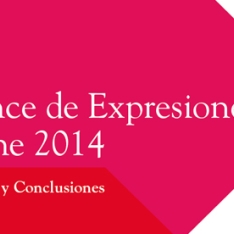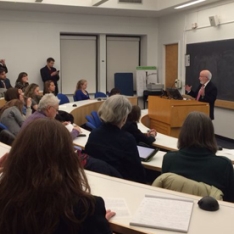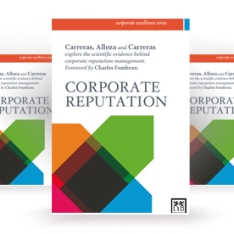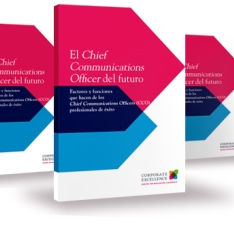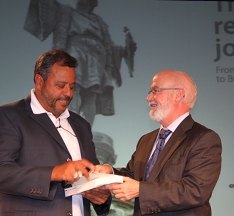Loading...
- Agenda 2030 & ODS (27)
- Alineamiento y Cultura Corporativa (31)
- Analytics & Big Data (7)
- Bienestar y Engagement (2)
- Chief Communications Officer (36)
- Co-Creación (5)
- Comunicación Externa (20)
- Comunicación Política (1)
- Consumidores (14)
- COVID-19 (20)
- Digitalización (31)
- Diplomacia Corporativa (3)
- Diversidad & Inclusión (19)
- Empleados (12)
- Empresa Con Futuro (11)
- Estrategia (47)
- Ética (19)
- Fake News y Desinformación (2)
- Geopolítica (2)
- Global Issues (32)
- Gobierno Corporativo (20)
- Indicadores No Financieros (35)
- Innovación (32)
- Internacionalización (8)
- IA, Metaverso y Nuevas Tecnologías (1)
- Gestión De La Reputación (1)
- Liderazgo (44)
- Lobby (1)
- Marca Corporativa (36)
- Marketing (5)
- Medios Sociales (4)
- Propósito & Valores (57)
- Publicidad & Patrocinios (3)
- Rankings & Premios (3)
- Reputación Del CEO (18)
- Reputación País (8)
- Reporting No Financiero (6)
- Riesgo Reputacional (64)
- Sostenibilidad & Responsabilidad Social (47)
- Stakeholder Engagement (25)
- Storytelling & Narrativa (2)
- Tendencias (52)
- Valoración De Los Intangibles (41)
- Comunicación Interna (19)
- Transparencia (31)
Published by Unai Admin
17/07/2025
Categories
Categories
Categories
Categories
Tags
- medición
- gestión
- reputación corporativa
- ventaja competitiva
- identidad
- alinear
- percepción
- gary davies
- rosa chun
- métricas
- corporate reputation
- competitiveness
- university of manchester
- uk
- imd business school
- switzerland
- reputation leadership
- universidad de manchester
- reino unido
- corporate reputation and competitiveness
Published by Unai Admin
18/07/2025
Published by Unai Admin
18/07/2025
Published by Unai Admin
18/07/2025
Categories
Published by Unai Admin
18/07/2025
Published by Unai Admin
18/07/2025
Published by Unai Admin
18/07/2025
Published by Unai Admin
18/07/2025
Published by Unai Admin
18/07/2025
Published by Unai Admin
18/07/2025
Categories
Categories
Página
of 6





